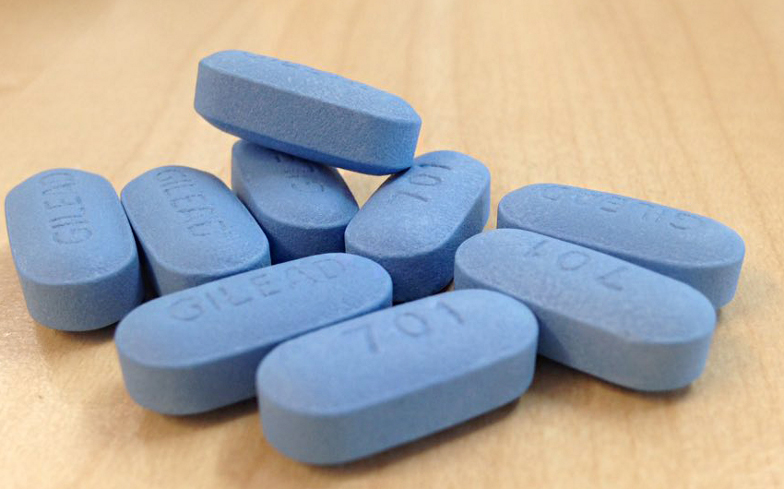
New data from Public Health England has shown that new diagnoses of HIV are falling in England, with a 6% decline in 2018.
There were 6,271 new diagnoses in 2015, compared to 4,484 in 2018, marking a 28% fall over the last few years.
The biggest decline in new diagnoses of HIV were noted among men who have sex with men, especially those living in London – where new diagnoses among gay and biseuxal men have halved from 1,459 in 2015 to 736 in 2018.
This decline in new diagnoses is credited to a number of successful measures, including HIV testing, condom provision, anti-retroviral therapy which prevents the virus being passed on, and increased use of PrEP.
However, Public Health England say challenges remain, with figures also showing that almost half (43%) the people who were diagnosed last year were at a late stage of acquisition, increasing their risk of poor health.
“Unfortunately, today’s data shows we are still not tackling late diagnosis of HIV. This is where we must redouble efforts; we cannot be complacent,” said Kat Smithson, Director of Policy at National AIDS Trust.
“This year the Health Secretary committed to ending HIV transmissions by 2030. This ambitious target will not be achieved if funding for sexual health services continues to disappear as demand increases.
“As well as reinvesting in sexual health, and upscaling HIV testing, we urgently need to finally deliver what every UK nation except England already has: the HIV prevention pill PrEP free to all who need it on the NHS.
“It would be a disaster to jeopardise the success we’ve seen today by losing focus.”

Ian Green, Chief Executive at Terrence Higgins Trust, echoed those views, arguing that the proportion of people being diagnosed late “remains stubbornly and unacceptably high” and calling for wider access to PrEP and improved sex education.
“New HIV diagnoses are falling in the UK which we of course welcome, but the slowing of progress needs to serve as a clear warning that more needs to be done to make good on the Government’s commitment to end HIV transmissions by 2030,” he explained.
“In order to continue progress HIV must be prioritised as a public health issue because ‘more of the same’ won’t cut it. We also need to ensure access to and awareness of HIV prevention pill PrEP, the normalisation of regular HIV testing, and to invest in sexual health services across the country to make sure they are properly funded to meet rising demand.
“We have the necessary tools to end transmissions but we need to maximise these across all groups affected by HIV right across the UK to ensure that no-one is left behind. Today’s data shows that this isn’t the case with progress fastest among gay and bisexual men and in London and the south east.
“While new diagnoses are falling, the proportion of people still being diagnosed late remains stubbornly and unacceptably high at 43%. This is so important because a late diagnosis is bad for an individual’s health and also significantly increases the chances of HIV being unwittingly passed on. Heterosexual men and those aged 50 or over remain two of the groups most affected by late diagnosis, which means more needs to be done to engage these groups around HIV testing.
“We also need to get the basics right and that starts with teaching young people about HIV in schools. We’re clear that there must be a strong emphasis on HIV and sexual health when Relationships and Sex Education becomes compulsory in all schools in England from 2020, including information on PrEP and how HIV treatments stops the virus from being passed on.”



